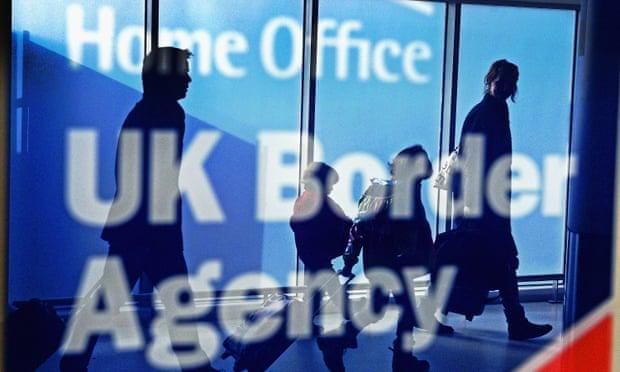Renationalising the railroads won't go far enough, according to activists. Labour should instead encourage a rail renaissance by offering unlimited train travel throughout the UK for a single price.
Passengers could purchase a basic membership under a "climate card" scheme to have access to train travel for all services. According to research released on Thursday, this may be successful if set at £49 per month. However, passengers on fast long-distance trains and those on lines into and through London would have to pay an additional fee to account for the higher demand for those services.
The study concluded that, depending on take-up, a system of this kind across the UK would probably cost the railroads between £45 million and £637 million in lost income. The government would need to provide subsidies for this, since transit is now provided in a number of less efficient ways, and the report discovered the climate card would generate economic growth and improvements to health from lower air pollution.
commuters hundreds of pounds a month and cut emissions – a triple win.”
The report suggested that the card should be tried out in the north of England first, which would help rebalance the economy and reflect the fact that spending on transport in London is £864 a year compared with £349 in the north.
Jim Steer, the director of Greengauge 21, said: “We suggest it would be best to start in the English regions away from the south-east – which dominates the nation’s rail use currently. The next step could be for the newly fashioned Great British Railways to be given the task of looking into a climate card as a way of boosting regional economies within the timescale of this parliament.”
Other countries have introduced similar schemes, which have tended to be popular, but have shown significant costs to the public purse. Germany introduced a flat fare of €9 a month during the recovery from the Covid-19 pandemic in 2022, to encourage people back on to public transport. Though it was widely popular, this cost the government at least €2.5bn, which attracted criticism. The ticket was later replaced by a €49 monthly rail pass, which is still in operation, with a €1.5bn a year government subsidy.
The National Infrastructure Commission has highlighted that poor public transport in UK regions acts as a brake on economic growth. Attracting people to the railways could bring economic and productivity benefits in return for public investment, the report’s authors argue.
"This government is committed to encouraging greener ways of travel and improving the state of public transport," a representative for the Department for Transport stated.
"For this reason, we're giving local leaders more authority to provide better bus services, modernising our railroads to prioritise passenger needs, and streamlining ticketing to increase value for money when travelling by train."
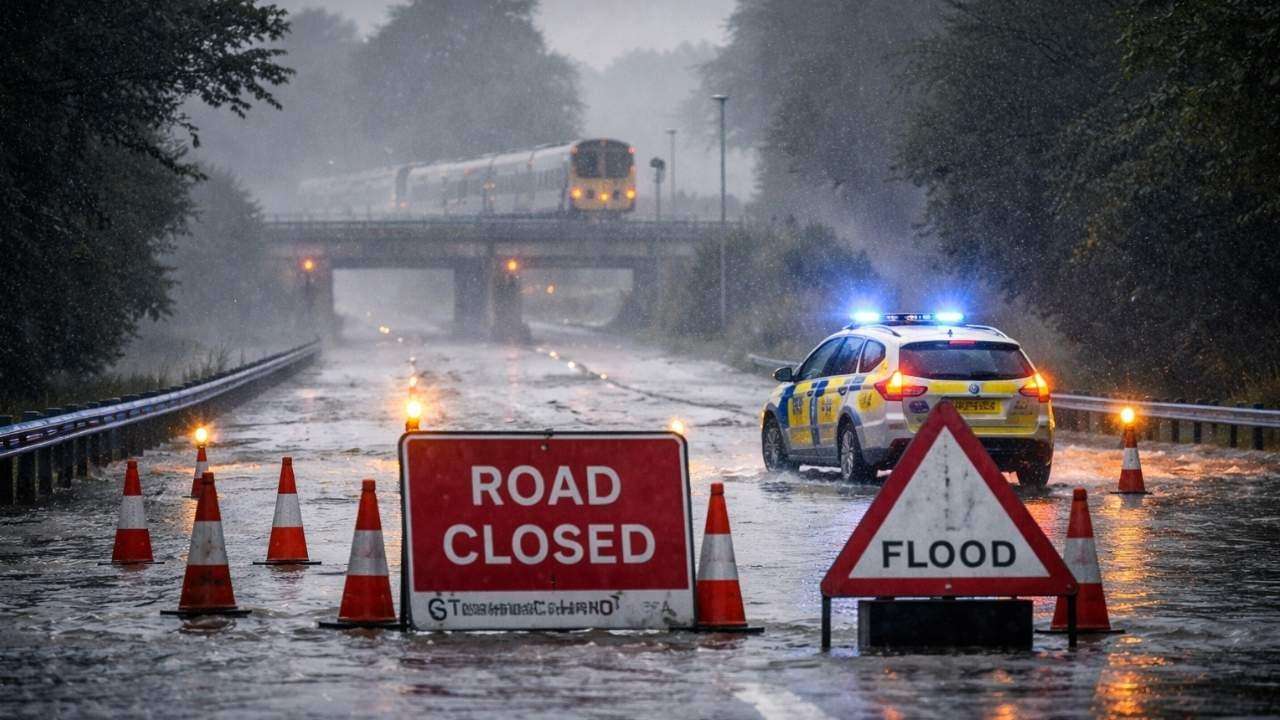

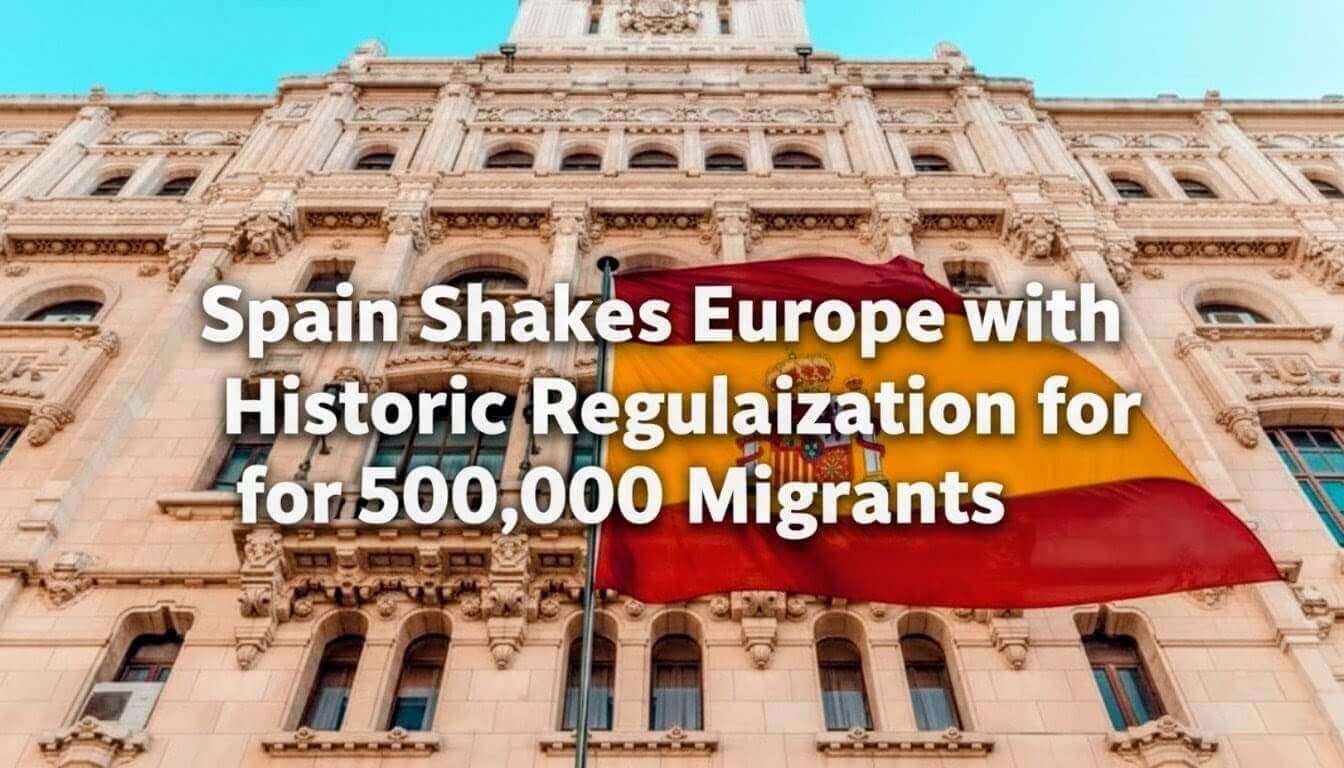

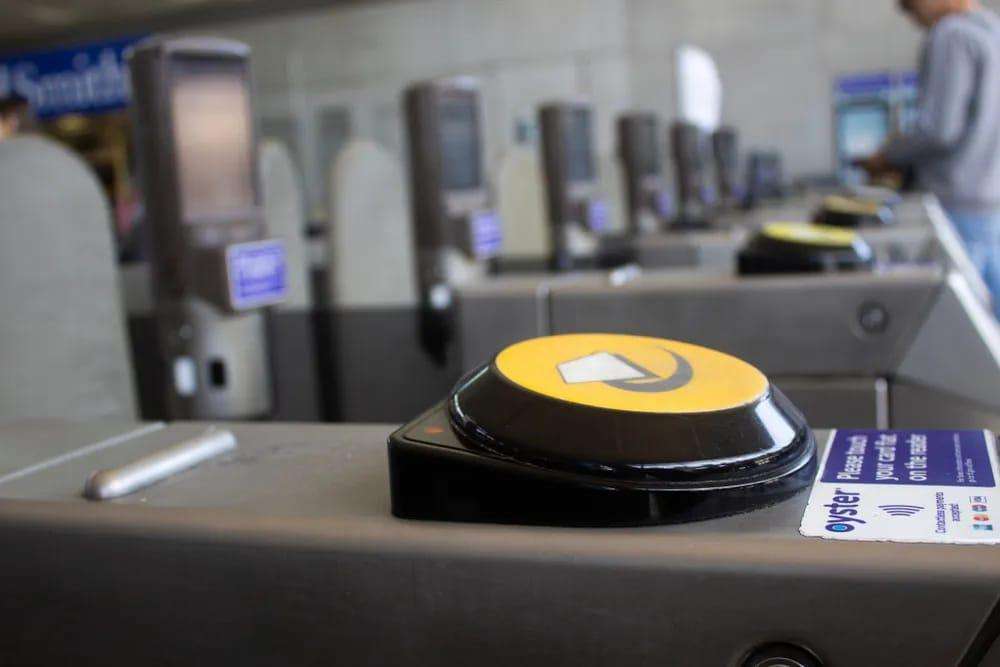


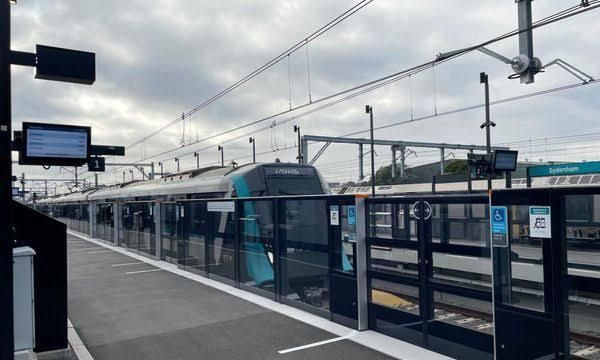
.svg)


